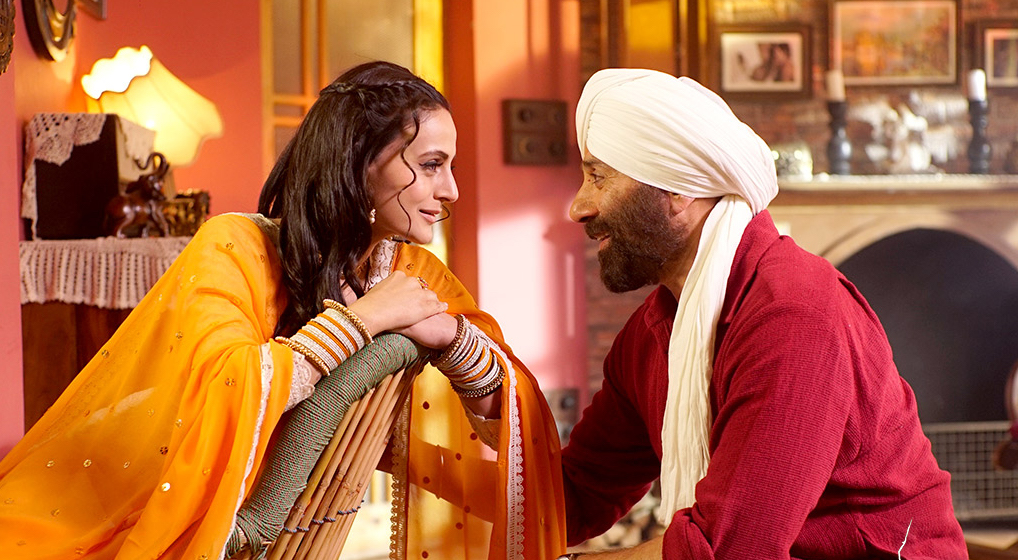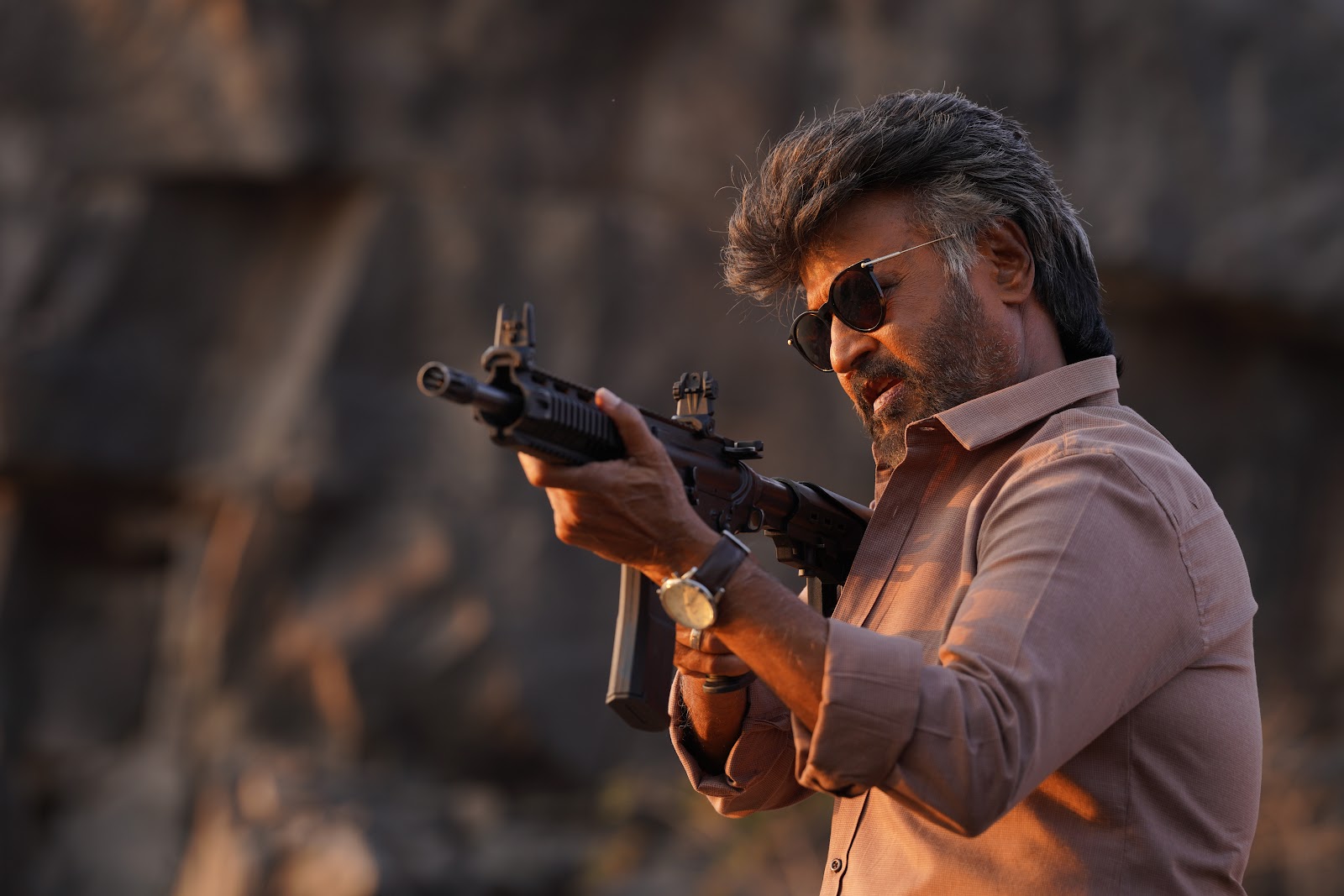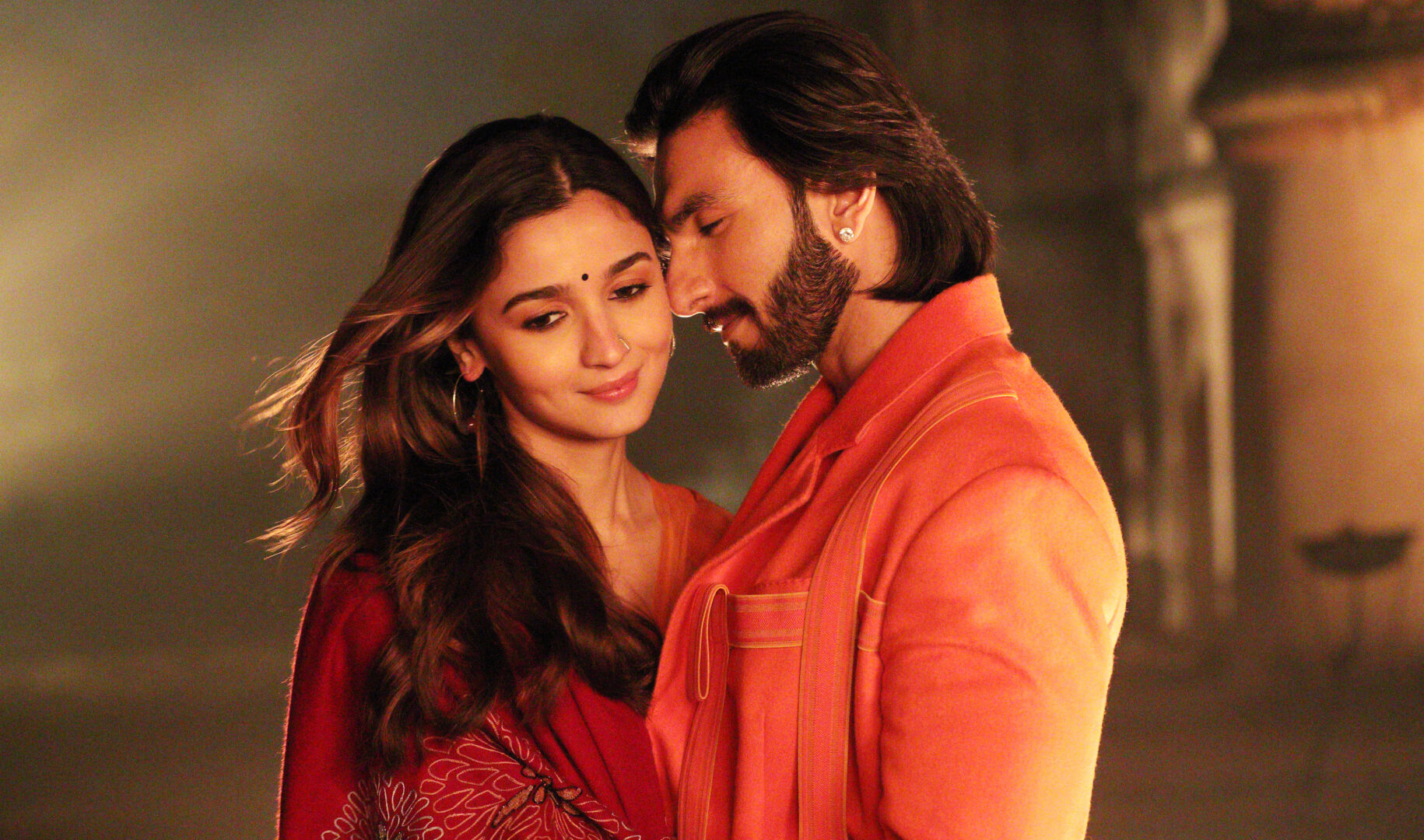Hindi Movie Review: Gadar 2 smashes box office records while stoking controversy… but is the movie itself any good?

Looking at the reception and box office trajectory of Gadar 2 in India, one can’t help but notice certain similarities with the summer’s surprise smash-hit in the U.S., Sound of Freedom. Both are films that more progressive, educated elites have rejected on political and artistic grounds. In the case of Gadar 2, detractors deem the movie Islamophobic, objectionably nationalistic, and shamelessly nostalgic for a brand of traditionalism that has gone out of vogue. This has especially been the case among the Indian diaspora in the West, where grosses and bookings have been comparatively moderate relative to the film’s domestic haul. In the case of Sound of Freedom, the movie has been labeled conspiratorial, fearmongering, and a distraction from the real causes of its harrowing subject, child trafficking. But as the global liberal media has gone to great lengths to discredit these films, both have become absolute sensations in terms of admissions. Gadar 2 is now the second-highest grossing Hindi film ever released in India, with an outside chance of unseating the top dog, this year’s Shah Rukh Khan-starrer Pathaan.
Of course, unlike Sound of Freedom, Gadar 2 is also a nostalgia play, coming 22 years after its blockbuster predecessor (the story itself is set 17 years later). One might be tempted to call it “long-awaited,” but there was little about the first film that suggested a sequel beyond its box office success. And unlike last year’s American megahit Top Gun: Maverick, this was not a follow-up that the lead actor had teased for years; on the contrary, Sunny Deol was a bit hesitant about reprising arguably his most iconic character, Tara Singh. But the new installment spares no opportunity to relive the glory of the first film. In fact, both of its major musical numbers – “Udd Jaa Kaale Kaava” and “Main Nikla Gaddi Leke” – are simply rearrangements of the songs from the original Gadar: Ek Prem Katha. We also spend an unusually long amount of time viewing clips recapping the first movie at the beginning of this one.
Tamil Movie Review: Jailer succeeds on star power, despite underwhelming twists

Before Jailer, I had never seen a single movie starring Rajinikanth before, but one need not have even heard of any of the Tamil movie industry legend’s 150+ previous credits to know that he is a superstar. The film makes it aggressively clear just what a force this man is, nearing self-parody in the sheer number of slow-motion shots it features of the hero arriving in each scene. It also seeks to afford his thick-rimmed glasses the same iconic motif status as Indiana Jones’ bullwhip or Dirty Harry’s .44 magnum; apparently, Rajinikanth only needs corrective lenses to be able to kick ass. Through such explicit stylistic pronouncements, it feels like writer/director Nelson is introducing Rajinikanth to the entire world at the ripe age of 72, with Kollywood films like Jailer receiving broader distribution than ever before, just as much as he is engaging in fan service for the actor’s loyal following. In other words, he’s welcomely catching the rest of us up.
With an even slightly lesser star, this strategy easily could have backfired, coming across as cheesy and over-the-top. But much like Liam Neeson in the first Taken and Keanu Reeves in John Wick, Rajinikanth has the sheer level of magnetism required to sell the filmmaker’s balls-to-the-walls vision with a surprising level of internal credibility. We don’t bat an eyelash as this 72-year-old takes down hordes of men half his age – somehow, it feels positively logical. And what a sight it is to watch him do it; in much the same way that Top Gun Maverick did in the U.S. last year, Jailer reminds audiences what a true movie star looks like. Even as the film’s plot descends into complete nonsense – and boy does it ever – you’re completely transfixed by Rajinikanth as Muthuvel Pandian, the police pensioner who comes out of retirement to avenge his dead son.
Hindi Movie Review: Rocky Aur Rani Kii Prem Kahaani soars on infectious characters, sputters on sloppy politics

There is such an intoxicating energy to the first half – and especially the first third – of Rocky Aur Rani Kii Prem Kahaani (in English, “Rocky and Rani’s Love Story”) that it’s damn near impossible to resist in the early going. Telling an age-old story of opposites attracting with goofy aplomb, this latest directorial effort from megaproducer Karan Johar feels like a Bollywood-infused throwback to the golden era of early-2000s Hollywood rom-coms. With a seemingly effortless, high-energy style and two irresistibly charismatic lead performances by Ranveer Singh and Alia Bhatt, the film flies by until the intermission point.
Only at the movies are we willing to suspend disbelief to the extent that we buy into a romance between characters as seemingly mismatched as Singh’s Rocky and Bhatt’s Rani, but there’s something distinctly pleasurable about believing that such a pairing could actually happen. Or really, that these leads – so endearing but also so fabricated – could exist in the natural world. We meet the two characters in introductions so cheesy-delicious, they could sell them at Little Caesars. Rocky, an intellectually vacant but well-meaning Punjabi heir to a packaged laddoo fortune, romps around a club with a shirt that seemingly won’t button, while women of all ages drool at his feet. Rani, a bohemian-raised Bengali television journalist, takes down a chauvinist politician in an on-air interview that would have never been consented to in reality.

